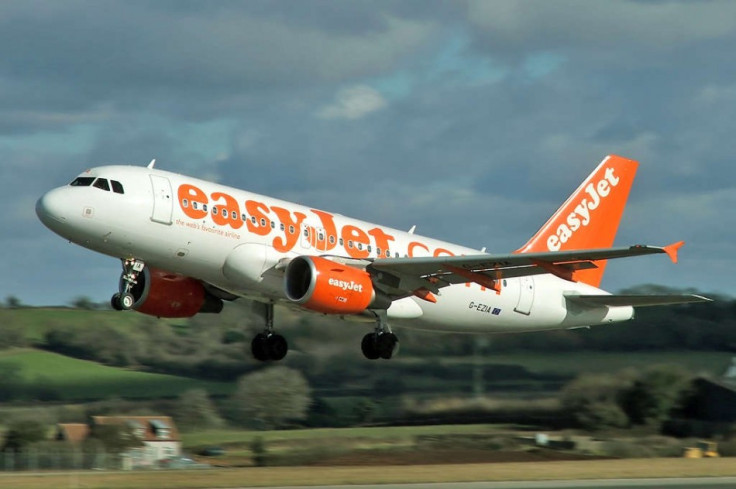Airlines Need a Technology Overhaul to Successfully Play the Odds in Predicting Passenger Demands

Trying to predict football these days is getting harder every week; you never see a broke bookie as they say. But bookmakers tend to give punters an olive branch through schemes such as money back as a free bet in certain situations. So while safety nets like this are good news for the individual punter, airlines tend not to be so lucky when placing their bets on major sporting events around the world.
Airlines are not betting on the outcome of individual games, but they do gamble on major competitions such as the 2014 World Cup in Brazil and 2015's Rugby World Cup.
Currently most major airlines use a ticket booking system called Global Distribution System (GDS). This helps travel agents across the world check the availability of tickets on flights instantly, helping airlines to fill any spare capacity.
While this may be good for travellers looking for a last minute flight on a trip to the next major sporting competition, for airlines it's a static tool that can't react to fluctuating demand. Simply put, it means for major competitions like the World Cup, airlines must predict which countries and teams will reach the business end of tournament a year in advance and set their premium seat allocation accordingly.
So when Spanish airlines were planning their summer flights around when the national team would exit the tournament, how many would have predicted the group stages?
The issue for airlines is that sustained profitability is problematic, with this system one of the reasons why. It's an industry operating in the digital age, with technology made for the 1950s.
And with high operating costs too. It is estimated that to fuel a 747 for just an hour costs over £14,000, so it's easy to see why profitability is so precarious.
The industry is calling out for transformation. Many airlines are starting to take advantage of new technologies, from small third-party startups, direct competitors who have a tighter control of their ticket distribution (through direct selling models that allow for real-time adjustments based on how many people are on the website), or travel agents embracing new technology.
Airlines need more control of their relationship with the customer. The greater control and understanding of the customer, the easier it is to plan for such things as aircraft choice, scheduling, cancellations, and catering. Basically all the aspects that eat into an airline's profitability.
The challenge for airlines is to take control of all of this information and use it to solve the specific challenges that they face. Each individual challenge, for example maintenance, or gate allocation, requires different views and analytics on the same set of data.
This requires a business information infrastructure that can not only handle the volume of information but also distil it into the specific information required to address the given business challenge. However, there is no single view that can hope to address all these challenges, so a business must concentrate on data management and governance rather than enforcing a standard model.
With a greater understanding of the customer, comes a greater level of data, though currently no airline today uses standard data capture tools, such as mobile, to maximum effect.
Imagine a scenario where a customer's visit to an airport is mapped as soon as they download an app to their phone. Information can be captured through location-based technology, meaning the airline knows if a loyal and high-value customer has not checked in yet, and whether to hold the plane or if they should take off, minimising delay and booking the customer on the next available flight.
The more data the airlines can gather, the more they will understand their customers and the easier it will be to solve potential issues that may arise well in advance through more predictable planning, and therefore improving profitability.
United Airlines are leading the charge at the moment by trialling dynamic pricing through its GDS supplier Sabre. Its rivals must take note and act fast or it could see United's gamble paying off, with its rivals cursing their luck. In the airline world, players don't get their money back for another free bet.
Steve Jones, Capgemini's director of strategy for big data and analytics.
© Copyright IBTimes 2025. All rights reserved.





















